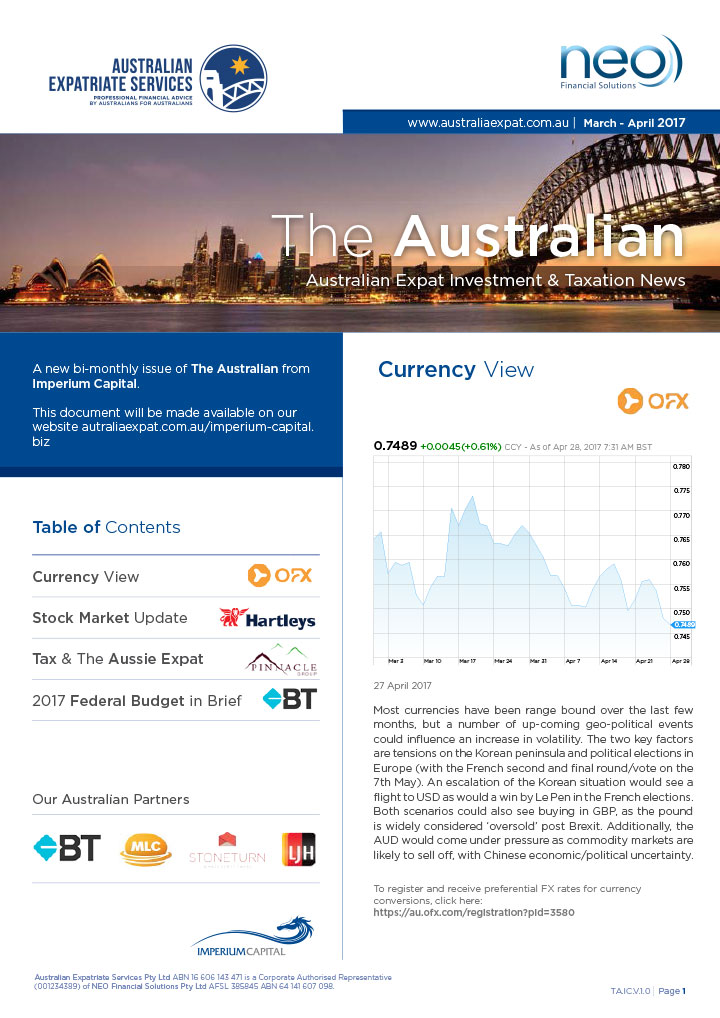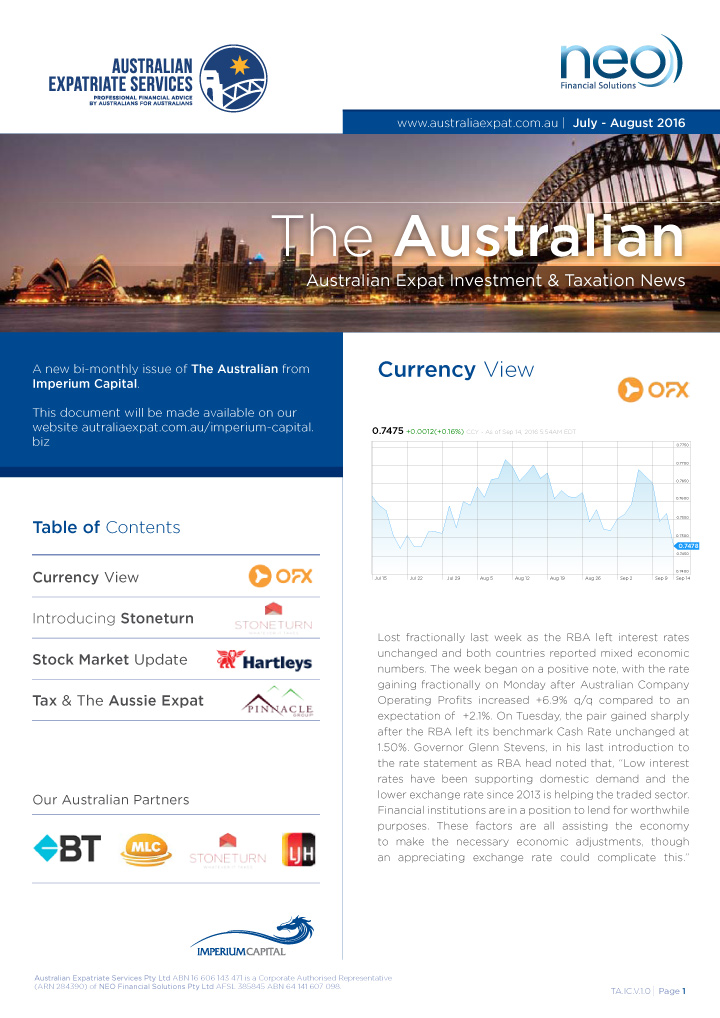Currency View by OFX


Last week’s news
- Buckle up for another roller-coaster week, this time with an oil-price war to add to the distress of the coronavirus. The Japanese Yen hit its highest level since 2016 on the market open today. Oil linked currencies, the Norwegian Krone and Canadian Dollar dropped significantly on the open after Saudi Arabia slashed official crude selling prices, firing the first shot in a dispute with the worlds biggest oil exporters at OPEC. The Euro hit its highest level against the USD since July 2019, which may weigh in the European Central Banks decision on interest rates this Thursday.
- The Italian government’s announcement about shutting down the Milan area for several weeks was a very significant development over the weekend. Prime Minister Conte held a press conference yesterday to explain the decree. The final version has been signed off by the PM and the Health Minister. The measures entered into force yesterday, March 8th until April 3rd.
- U.S stocks dropped, and Treasury yields touched record lows, as investors worldwide ramped up their bets that the Fed will cut its interest rates for a second time this month, by another 0.5% at its meeting in a few weeks. The S&P 500 lost around 3.4% with the Dow Jones sliding 3.6% followed by the Nasdaq at 3.1%. Investors snapped up Treasury securities which sent the 30-year and 10-year Treasury yields to record lows. Bank shares were hit hard as fears rose yields on their bond portfolios would fall more than their deposit costs, which would squeeze their profit margins.
- The US economy added 273k jobs in February, far more than the expectation of 175k and their unemployment rate returned to a 50-year low of 3.5% in a sign of strength in the world’s largest economy. Markets looked pass the strong job numbers though, as coronavirus related industries led the job gains for the month, including the U.S. Healthcare, Social Assistance and Food Services, all key areas that will be needed to help prepare for any Covid-19 epidemic.
- The Greenback continues in a free-fall mode as the coronavirus continues to bring bad news to the financial markets. Even with the Fed slashing 50 basis points in its overnight rate (from 1.5% to 1%) to mitigate the economic impact. The Fed has not made such an emergency move since the 2008 financial crisis. The FX market continues to be driven by fear and mounting concerns that the coronavirus outbreak will slow record U.S. and global economic expansion.
- Market disregarded the strong employment numbers in the U.S., pushing the EUR/USD pair to an intraday high of 1.1355 last Friday and an 8-month high since July 1, 2019. The February non-farm payroll report in the U.S. came in stronger than the forecast and data for January was revised higher. Even the ADP non-farm employment change came in at 183k versus the expected 170k, which helped the U.S. dollar for a little bit before continuing with its decline versus the Japanese Yen and Euro.
Looking ahead
- The coronavirus is causing economic disengagements and will exacerbate continued volatility in the FX space. Market participants might grasp at any positive news arising related to medical advances or vaccine development. The bounces or reversals of some FX pairs such as the USD/JPY or EUR/USD could be particularly pronounced. What we don’t know is if those likely reversals will be permanent or temporary.
- The Euro bounce over the last few days has been regarded as a “short-squeeze” of speculative short positions which were unwounded (the Euro is also used as a funding currency to buy riskier assets). In fear-driven markets, risky assets are unwound, and market participants jump either to JPY, US Treasuries, gold or cash (there is also an argument for crypto’s here). However, in the long-term, a rally in the Euro might be unsustainable as it is not immune to these risks.
- Some investors are betting the Bank of England will slash UK interest rates to record lows in response to the global threat of Covid-19 and follow suit from the US Federal Reserve’s emergency half-point cut earlier this week. Markets have fully priced in a quarter-point reduction for the next BoE’s policy meeting at the end of March, which was only priced in at 10% as early as two weeks ago. Goldman Sach’s analysts commented that ‘we expect the coronavirus outbreak to push the UK economy to the brink of recession in the coming months.
Key market events this week
- EUR German Industrial Production MoM (Jan) – Monday
- JPY Gross Domestic Product SA QoQ (4Q19) – Monday
- MXN Consumer Price Index YoY (Feb) – Monday
- CNY Consumer Price Index YoY (Feb) – Tuesday
- USD Consumer Price Index YoY (Feb) – Wednesday
- ECB Central Bank Rate Decision – Thursday
- NZD Food prices MoM (Feb) – Friday
- USD University of Michigan Sentiment (Mar) – Friday
Disclaimer
Note that specialist Accounting, Property, Mortgage and Foreign exchange services offered by our partners, Stoneturn, OFX, Hartley’s and LJ Hooker are via referral arrangement only. Australian Expatriate Services are not responsible for any advice/services provided by these Firms.


